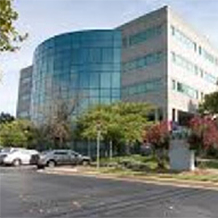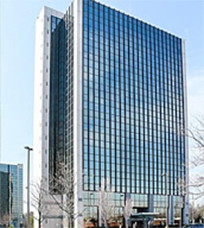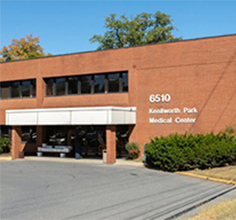
Testosterone, a pivotal sex hormone, plays a leading role in the development and maintenance of masculine characteristics in both men and women. Primarily produced by the testicles in men and the ovaries in women, with a smaller contribution from the adrenal glands, testosterone exerts its influence on various physiological functions, including muscle mass, bone density, libido, red blood cell production, and overall mood regulation. In this brief article brought to you by Southern Maryland Medical Group, we give you a rundown on the symptoms, signs, and causes of low testosterone. We will also review some treatment options.
If you are looking for a primary care physician specializing in adult medicine, then call Southern Maryland Medical Group to schedule a convenient appointment. Our primary care doctors are licensed and experienced, and they are committed to exceptional patient care.
Low testosterone, also known as hypogonadism, refers to the condition where testosterone levels in the body are significantly below the normal range. While "normal" testosterone levels may vary slightly between individuals, a general guideline is that levels below 300 nanograms per deciliter (ng/dL) are considered low. However, a conclusive diagnosis of low testosterone requires a comprehensive assessment by a healthcare professional who will evaluate both clinical symptoms and laboratory results.
The symptoms of low testosterone can be insidious, affecting multiple aspects of physical and psychological well-being. Physiologically, individuals with low testosterone may experience reduced muscle mass and strength, diminished bone density, and an increased risk of osteoporosis.
Psychological manifestations of low testosterone often include a decrease in energy levels, mood disturbances such as depression, and a decline in cognitive function, such as memory and concentration problems. Additionally, low testosterone can impact sexual health, leading to reduced libido, erectile dysfunction, and compromised fertility.
Various factors contribute to the decline in testosterone levels. Age is a predominant element, as testosterone production tends to decrease with age. Certain medical conditions, such as obesity, diabetes, and chronic kidney disease, can also contribute to low testosterone. Lifestyle choices, such as sedentary behavior, inadequate sleep, excessive alcohol consumption, and chronic stress, can further exacerbate the decline. Moreover, specific medications and treatments, including certain painkillers, hormonal therapies, and chemotherapy, can disrupt the endocrine system and result in reduced testosterone levels.
Addressing low testosterone requires a comprehensive approach, encompassing lifestyle changes and medical interventions. Lifestyle modifications form the foundation of treatment, and these include regular physical activity, a balanced diet rich in essential nutrients, stress management techniques, and sufficient sleep. Weight loss, if applicable, has also shown to significantly improve testosterone levels in obese individuals.
In cases where lifestyle changes are insufficient, medical interventions may be warranted. Testosterone replacement therapy (TRT) involves the administration of testosterone through injections, gels, patches, or implants. TRT aims to restore testosterone levels to within the normal range and alleviate the associated symptoms. However, it’s important to consider potential risks, such as cardiovascular complications and fertility impairment.
If you find yourself experiencing symptoms that align with low testosterone or have concerns about your hormonal balance, then it is advised you consult with a seasoned adult medicine or primary care physician. Residents in the area can call Southern Maryland Medical Group to schedule an appointment with a licensed physician today.
Southern Maryland Medical Group has 3 convenient locations to provide professional medical care services in the Southern Maryland area. Call or schedule an appointment with one of our locations to get medical care help.

5801 Allentown Road, Suite 400 Camp Spring, MD 20746
Phone: 301-868- 0150
Billing Inquiries: 301-552-1270
Fax: 301-868-0243

7500 Greenway Center, Dr #1200 Greenbelt, MD 20770
Phone: 301-486-7580
Billing Inquiries: 301-552-1270
Fax: 301-486-7581

6510 Kenilworth Ave, Ste 1400, Riverdale MD 20737
Phone: 301-618-0771
Billing Inquiries: 301-552-1270
Fax: 301-618-0772